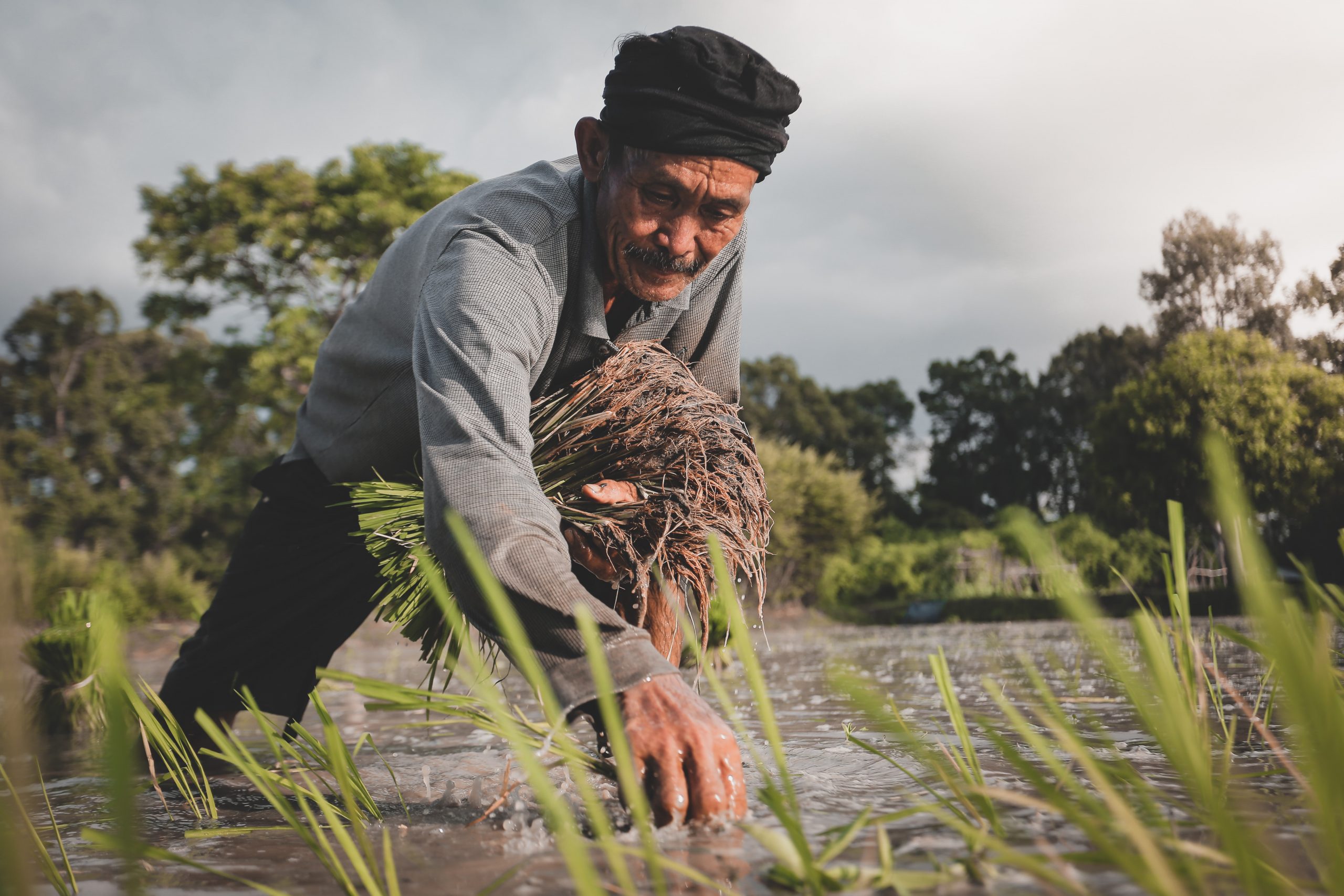
APRN Statement on the Day of the Landless 2022
When you think of the word ‘farmer,’ your mind happens upon thoughts of hunger and hardship. This connotation draws from the reality of widespread underdevelopment in rural and agricultural communities across Asia Pacific, Africa, and Latin America. Even when governments and corporations publicly hold farmers in high esteem, their token admiration hardly translates into public policy that reflects the peasantry’s interests. Empty plates. Empty promises.
At the center of the farmers’ deep-seated poverty is systemic and chronic landlessness due to feudalism, landgrabbing, and land degradation due to environmental factors.
The longstanding landlessness in post-colonial societies can be traced back to when local elites and warlords assumed authority over large parcels of agricultural lands left or handed over by colonizers. The identity of the landowners simply changed, but the unequal power relations between those who have control over the lands and tillers remained.
To make matters worse, landgrabbing contributes to the steady decrease of agricultural lands over time. According to World Bank data, the amount of arable land per capita has been reduced by almost 50% worldwide. Just in the past decade, transnational companies (TNCs) and institutional investors have seized millions of hectares of land in food insecure nations around the world.
Given this worsening state of landlessness, farmers are forced to enter into unjust land tenure setups — overworked under terrible conditions with barely any remuneration. Testament to the prevalent lopsided socio-economic arrangements is the large rural population living in extreme poverty. Of the 736 million people in extreme poverty, approximately 80% live in rural areas. A third of this comes from South Asia.
In solidarity, the Asia Pacific Research Network joins farmers and agricultural workers to commemorate the Day of the Landless. We support the call for genuine agrarian reform programs to democratize and redistribute land.

For agrarian reform programs to be genuine, they must first break down and distribute large land monopolies owned by feudal lords, governments, and corporations. Exploitative practices such as unreasonably high rents, loan interest, miscellaneous fees, bonded labor, and others must also be dismantled. The land redistribution process must be free, accessible, and equitable. Landless and destitute farmers should be prioritized. Cooperatives should also be encouraged along with the promotion of other sustainable alternatives. The attitude towards rural development will be replaced from an individualistic culture to a community-oriented and collective approach.
Additionally, the agrarian reform process must be recognized and carried out as a political activity. Although it is the government’s mandate, and it is the only organ with the capacity, to implement agrarian reform. But it can only succeed through the democratic participation and support of the people. They must be allowed to make decisions such as crop selection for the sake of their own cooperatives and communities.
Millions of peasants all over the world are fighting and often killed in the name of land. However, the protest actions launched today affirm the uncompromising resolve of farmers to end landlessness. In the face of punitive attacks against their communities and leaders, farmers will not concede.
These demonstrations are part of a militant reminder to institutions, corporations, and governments that the struggle for land is also a struggle for life. Let us be inspired by the same bravery and determination as we share in their fight. Their plates and the promises they receive may be empty, but the support for the landless peasants is teeming with solidarity and abounding with collective action. Land to the tillers!